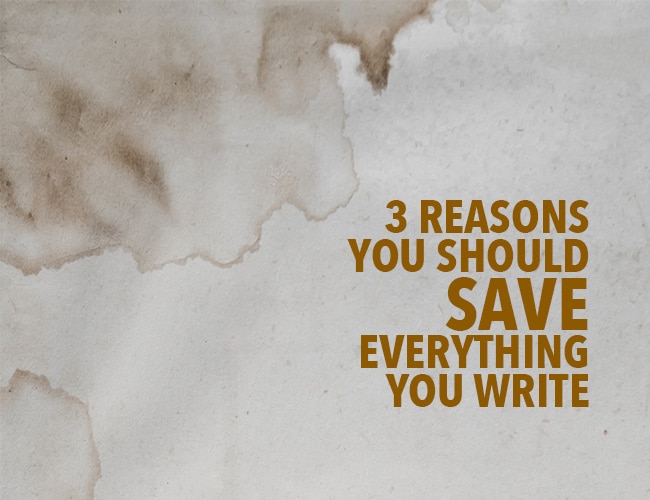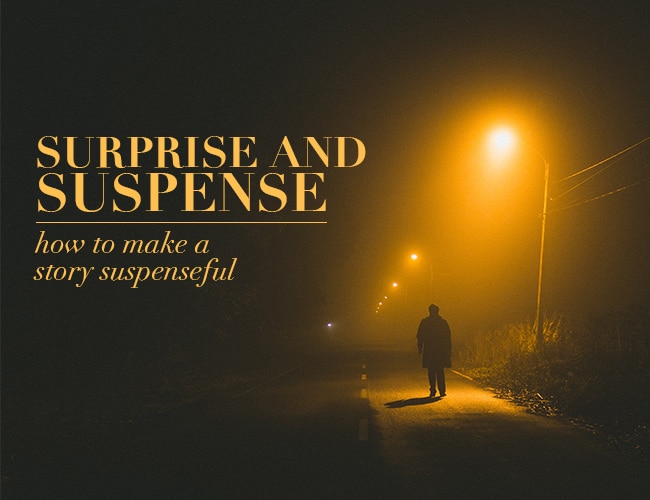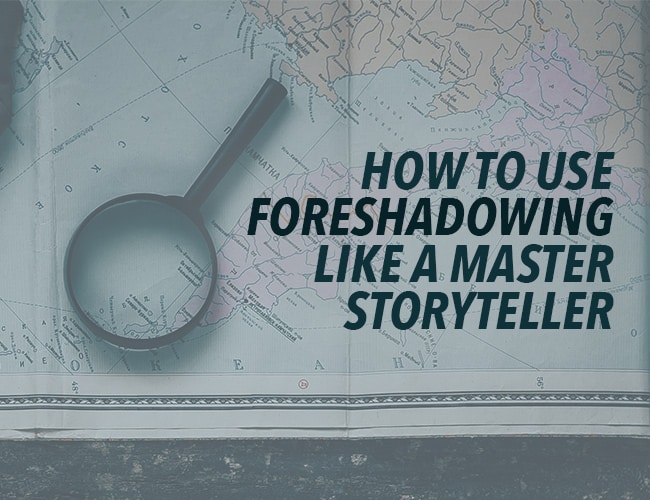
by The Magic Violinist |
We’ve all been in this situation: you write a first draft, or the beginning of one, and it seems like nothing is going well. All you want to do is give up and throw everything away. It can be extremely tempting, and while it’s okay to give up on projects sometimes, you should never throw anything away.

by David Safford |
Point of view is the vehicle that drives a story. Get it right, and your novel hums along smoothly and your reader never notices.
Get it wrong, however, and your book becomes an unbearable clunker rife with confusion.
Shawn Coyne, author of The Story Grid, has read a lot of critically acclaimed and successful books, and noticed something about their point of view. All of these books used a specific style of narration, and you can use it too.

by Joslyn Chase |
Surprise! Okay, that probably wasn’t very surprising. How do you surprise your readers? And how do you create the slow burn of suspense, keeping them on the edge of their seats as they tear through your story? Let’s talk about how to make a story suspenseful.

by Sue Weems |
We’re on the verge of summer, and that means I’m attending graduations (including my oldest son’s). Whether you are attending one for a friend or family member or yourself, commencement ceremonies are a great place for inspiration and one other thing: cliché-hunting.
Clichés are overused phrases or metaphors that weaken our writing. As writers, we want to hunt down, drag out, and kill clichés in our writing. (I know, the killing metaphor is also probably cliché. I’m still working on it.) Here are some ideas for how to avoid clichés in our writing.

by Liz Bureman |
You know what’s really fun to edit? Dangling participles. What’s a participle? Glad you asked.
A participle is an adjective form of a verb, usually formed by adding the suffix –ing to the verb. For example, you might go for a light 15k in your running shoes. Or your sister might be screaming because she burned herself with her curling iron. Make sense?
Let’s take a closer look and find out where these participles go wrong.

by The Magic Violinist |
Foreshadowing is a task writers have to approach with the same careful precision they use when threading a needle. It’s not always easy, but when done right, you’re in business. Hinting at a future revelation is necessary for authors of mystery novels, for example, but it’s useful for all writers looking to include a killer twist—no pun intended.








